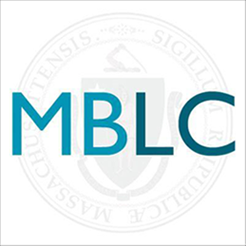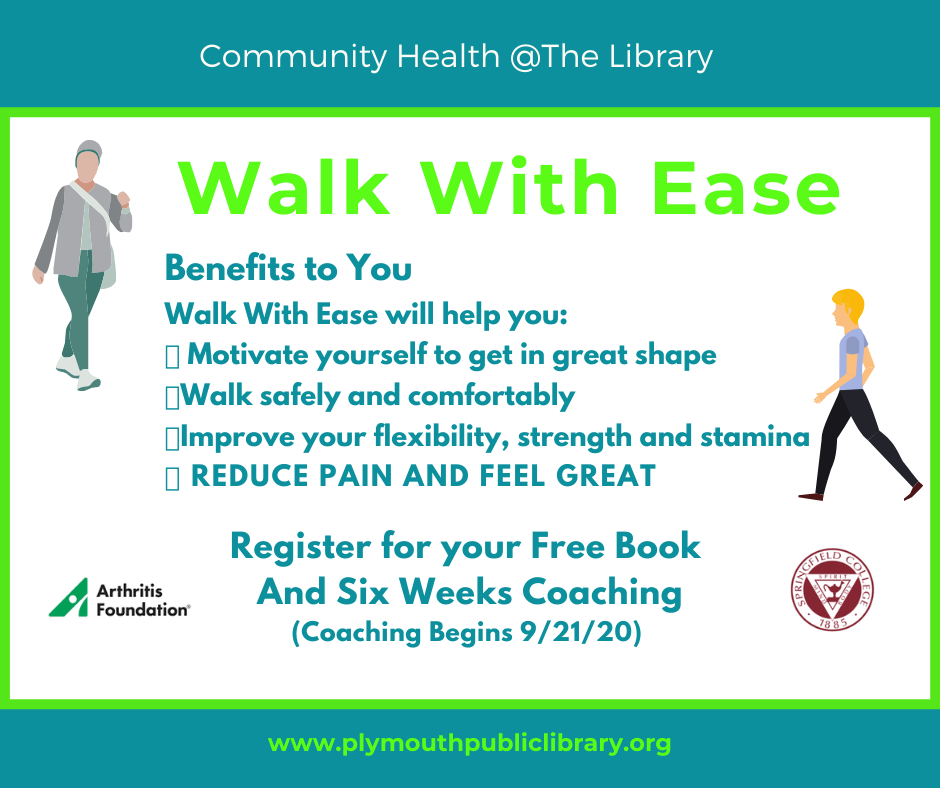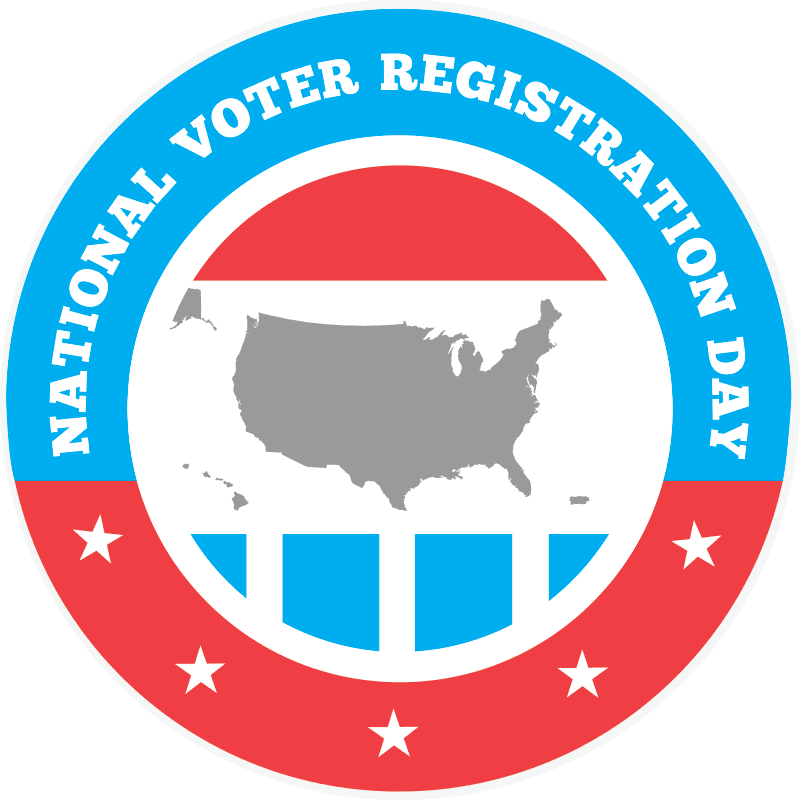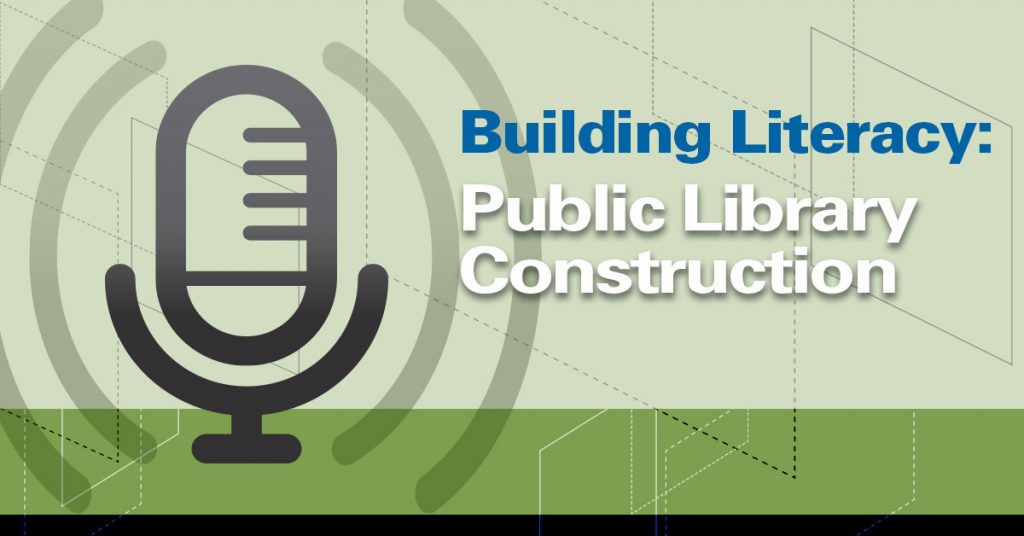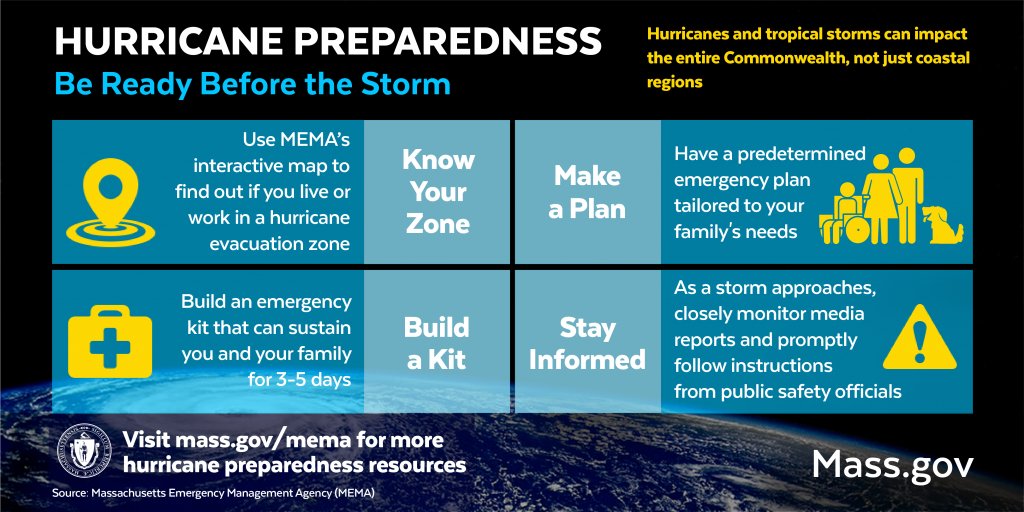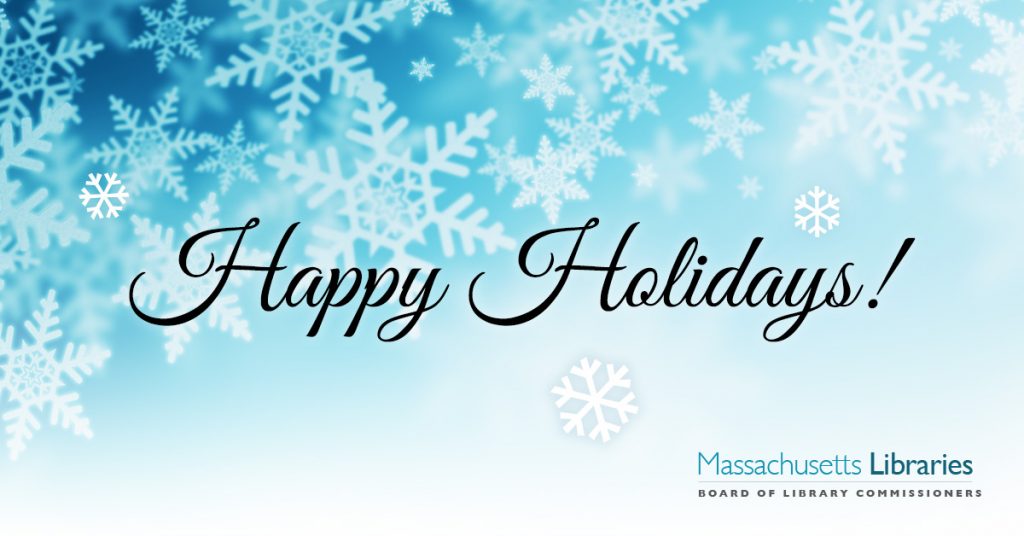
By Patrick Marshall, Director of the Jonathan Bourne Public Library, Bourne, MA
The JBPL Day After Christmas (With apologies to Clement C. Moore)
Twas the day after Christmas, and all through Bourne
All the children were playing, while the parents were worn.
Paper wrappings and ribbons were scattered through the room;
While Mom sat there hoping someone would just grab a broom.
The teens were all playing X-Box on their beds;
Ignoring everyone for untold hours still ahead.
The little ones crying, not taking their naps;
How long were us parents to put up with this crap?
When at last we thought our sanity restored;
Here comes another child saying, “Mom! Dad! I’m bored”.
All of these toys, yet still nothing to do;
It just makes us want to cry, a hearty boo hoo.
I knew an idea was needed quite fast;
Something the family could do that’s a blast.
When what to my wondering eyes did appear,
An item that gave me ideas perfectly clear.
My wonderful Bourne issued CLAMS Library Card;
With so many services, choices would be hard.
Whether home or away, so much from which to choose;
The library would have something to chase away the blues.
New music! New movies! New audios and eBooks!
Magazines, newspapers, one must not overlook.
Away to the website, bournelibrary.org
I hope there is a video of the Pianist Victor Borge.
As I call the family over, we’ll have so much to do;
When we do things together, we are quite a crew.
So into the living room, the children they flew;
With their library cards at the ready to try something new.
We started with Freegal to dance to the Eagles;
But then went to hOOPLA for Snoopy, the Beagle.
On the website we searched, and were surprised to have found;
Qello offered concerts like Paul Simon’s Homeward Bound.
Tumblebooks offered us so many kids’ games,
I knew that our family time would never be the same.
We then went to Mango to learn a new language,
A mouthful of cookies gave us a disadvantage.
We then took a look at the database Great Courses;
Our daughter was hoping to learn about horses.
And though there was nothing much along those lines,
I did find one called “Great Meals in Less Time”.
We then took a look at the database Kanopy;
For we heard it contained some great documentaries.
And then it was back to the Overdrive app,
To find a good book while the dog sat in my lap.
We managed to find the book “Elf on the Shelf”;
And I laughed when I saw it, in spite of myself.
All of these resources, it just blew my mind;
I couldn’t believe the library was such a great find.
To get a library card, it’s not that much work;
Why, there are even sources for the kid’s homework.
As I looked at all the options, my face all aglow;
I wished to tell everyone what I now know.
The library offers so much service from home;
No matter if you use Mac, Firefox or Google Chrome.
I’ll end it with this, for I know it’s airtight;
The JBPL resources are just plain out of sight.
